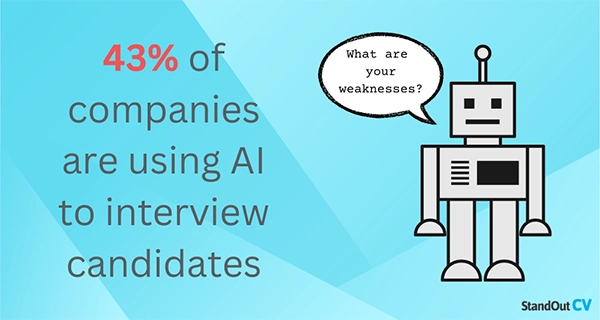KEY TAKEAWAYS
- Digital tools can make onboarding new employees much simpler and less time-consuming.
- Digital identity verification systems help businesses decrease manual paperwork while minimizing human errors.
- Now, digital systems let employers verify work eligibility using online tools that are approved by the UK government.
- Single Sign-On (SSO) solution systematizes user access during onboarding.
The process of integrating new employees within UK organizations becomes stressful because of all the required documentation and paperwork procedures. Businesses can get rid of their paperwork problems through digital onboarding systems, which handle everything in an organized manner.
A basic change to the digital onboarding procedure helps organizations save time while decreasing errors to benefit both their operation and new employee integration.
Finding the right tool is important; businesses that use efficient data management with HR software for SME’s can maintain essential documents and records while creating a smoother transition of their operation.
Digital platforms like modern HR enable electronic document handling, which delivers an easy and stress-free onboarding experience for new employees from the start.
Digital tools can make onboarding new employees much simpler and less time-consuming. This technology helps employers handle identity checks, verify right to work, and, for new hires, it helps with smooth access to the workplace system. Here’s how it actually works:
Digital identity verification systems help businesses decrease manual paperwork while minimizing human errors. New employees use secure portals to upload their passports and driving licenses through digital document submission instead of mailing paper copies.
This method accelerates the onboarding timeline and protects against identity theft risks. Employers who keep all identity details together in one central location find it simpler to retrieve and modify records when necessary. Specific platforms offer compliance features that align with UK laws to protect both employees and new hires during onboarding.
According to UK law, it is mandatory for employers to check candidates’ eligibility to work in the UK before hiring them. Earlier, this entire process was manual and included a lot of mailing of documents, making copies, and even personal meetups.
Now, digital systems let employers verify work eligibility using online tools that are approved by the UK government. This also helps in reducing errors and making sure that all the hired candidates meet legal standards.
Single Sign-On (SSO) solution systematizes user access during onboarding. The organization provides new employees with one set of login credentials, which works for all company applications in place of multiple usernames and passwords. SSO solutions boost user experience since they provide fast and easy access to the work system.
SSO also helps employees in managing security-related risks. By handling system access in one place, IT teams can set permissions and remove access when needed. Automation reduces human errors while maintaining adherence to standards. The implementation of SSO stands as a fundamental step for creating a positive onboarding process.
Paperless onboarding helps UK employers cut paperwork and decrease manual work time while creating an environmentally friendly workplace. Systems that operate effectively enable better employee learning while simplifying the process of meeting legal standards.
DID YOU KNOW?
In February 2024, Adecco reported that 43% of companies are now using AI to interview job candidates.This process involves candidates answering automated questions on video, without any employer present.

Digital learning enables new employees to finish their required reading and training materials at their preferred speed. The combination of videos with quizzes and checklists serves as interactive tools that improve information retention and understanding.
These tools enable standard training delivery with automated progress monitoring.
Employers can encourage community participation by implementing platforms that enable group discussion and peer learning activities.
This system provides role-specific recommendations that lead employees to their next module or topic.
A digital onboarding solution allows employers to follow UK employment laws effectively. Through automated document storage systems, employers can access right-to-work checks along with contracts and track their progress while employees sign these forms. HR receives automated notifications from the system when documents need to be updated or when they are missing, thus minimizing human errors and deadline violations.
Digital documentation provides transparent audit trails, which simplify audit processes and reduce audit-related issues. Best practices include using secure platforms and informing employees about how their data is handled. This system provides automatic reminders together with checklists to ensure every mandatory reading and policy has been completed.
Using a paperless process can help in reducing the paper waste and also the use of printers, which eventually promotes sustainability. UK businesses can lower their environmental impact by using digital document storage that eliminates the need for excessive printing.
Employers in the UK can simplify and reduce the paperwork and human-made errors by using digital tools. This not only cuts the paperwork headache but also helps HR save time.
These digital tools also offer the storage of the new starter documents and give quick access to them, rather than finding someone’s documents in a pile of papers. This makes the entire process smooth for both employers and employees.
These are the 5 ’Cs of onboarding: Clarity, Compliance, Culture, Connection, and Check-In.
It is considered a crime, and you have to pay up to £60,000 for each illegal worker.
A High-potential individual (HPI) visa allows you to move to the UK without a job offer.
The average time to hire in the UK is 4.9 weeks across all industries.
